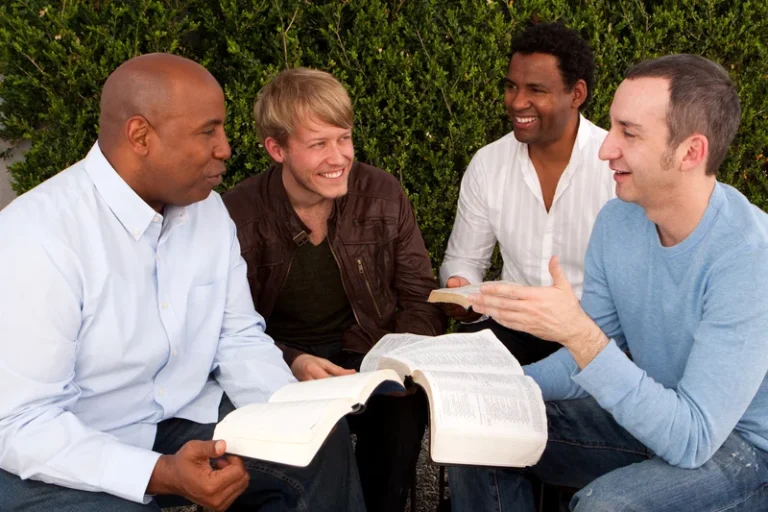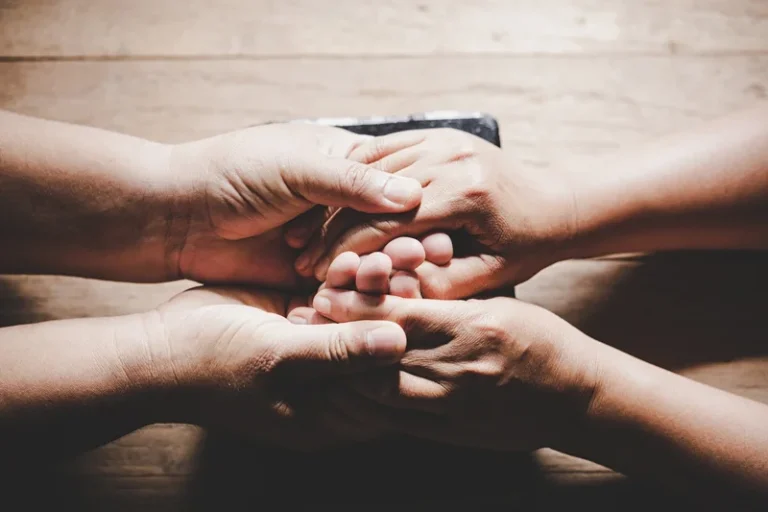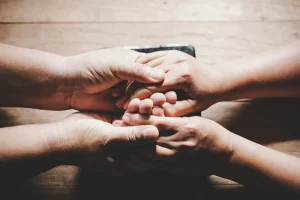Why an Addict Can’t Love You: The Hard Truth BHC

You want the excitement of early love, but you don’t want to stick around for a relationship. This can hurt both you and your romantic partners over time, especially when you don’t communicate (or realize) your relationship goals. Although relationship addiction isn’t recognized as an official diagnosis, mental health experts and existing research generally agree on a few key signs that suggest cause for concern. Psychotherapist Jodi White has a podcast called “Journals of a Love Addict,“ which explores her own experiences of codependency. You can also check out Co-Dependents Anonymous if you want to learn more about codependency and codependent relationships.
Can you be addicted to love?
While striving to meet their partner’s needs with a sense of desperation, the partner who exhibits codependent behaviors often depends on their loved one to the extent that it can feel like a love addiction. In a healthy relationship, the ability to enjoy some “me time“ can be as valuable as your experiences together. In a codependent relationship, though, partners often only have shared friends and hobbies.
What is the cycle of love addictions?
- I often front-load a lot of information about myself and personal details early in a relationship, and I get vulnerable quickly.
- Whether you’re in a romantic relationship with an addict, or it’s your child, parent or someone else you’re close to, it’s incredibly difficult to continue loving someone with an addiction to drugs or alcohol.
- It’s complicated, and lust and love and addiction don’t always exclude one another.
- In 2019, researchers developed a framework they dubbed “The Love Addiction Inventory,” a questionnaire that can help diagnose a suspected love addiction.
Read on to see if some of the withdrawal symptoms, core wounds, and characteristics of addictive love fit for you. If you’re told that you have love addiction and you’ve experienced abandonment wounds from your childhood, then you most likely are craving affection. Maybe you had childhood trauma, or maybe you had other life challenges that changed the way you experience attachment. Now, the absence of affection leaves you in withdrawal like symptoms and you feel like you cannot be okay unless the pleasure that you experience from intense romantic love returns. But it’s never enough, and the perpetually unmet longing feels impossible to fulfill. This deep wound will drive almost every single relational decision.
Signs of love addiction
Therapies such as Cognitive Behavioral Therapy can help bring awareness to the love addict as they become mindful of their thoughts. Online therapy can also be an effective option for those with a love addiction and who may wish to opt for at-home treatment. Meditation can slow the feeling of anxiety and bring compassion to the individual suffering. Love addiction has more dependence on a partner in comparison to codependency. Love addicts expect partners to give them purpose, but are unable to receive love from their partner, creating a lose-lose scenario.
- Research on the causes and triggers of the condition is lacking, but factors such as trauma and genetics likely play a role.
- According to Pia Mellody, there are four phases of recovery from love addiction.
- The DSM-5 notes that there isn‘t enough existing evidence to qualify behavioral addictions, like shopping,gaming disorder, or sex addictions, as diagnosable addictions.
- “This includes communication with the partner, with yourself and even with friends and family before entering a relationship,” explains Dr. Gerardo.
The year 2019 is also the last time Pornhub publicly released its visitor numbers, then 115 million daily. Its most recent data says the majority of its visitors are under the age of 35. They live in the hope of finding the one person who will fill their inner void, and their expectations in relationships are often unrealistic. I remember when I was thirty-seven, I was in a therapist’s office, brokenhearted over another romantic relationship that had fallen apart.

How To Confront a Drug Addict & What to Say To An Addict In Denial
It may take a hurtful event to recognize a codependent relationship. But when you do identify it, there are ways when you love an addict to reverse its effects. To hide problems in their relationship, people might withdraw further from family and friends. Like many other issues, codependency can become progressively worse without treatment and can last for a long time.

Support Groups
Or you may be asked to do favors for the addict on a consistent basis, such as watching their children or doing their errands, and you may not know how to say no. No matter what an addict says or promises, they are only driven by their desire to continue using, and there’s not much of anything you can do to change that. The origin of your anxious attachment could have been from a parent who was frequently gone, who couldn’t stay connected with you, or who had their own wound and couldn’t nurture you.

When you hear the term ”love addiction,” you may think of a storybook character who gulps down a pink, sparkly love potion and suddenly finds themselves instantly infatuated with someone. When those who love people with any type of addictive behavior finally reach out for help, they have usually been dealing with their situation for a long time. If you have been waiting to see whether things would get better without professional help, please consider getting help NOW, before things become even worse. It is important to understand that you might be just as “addicted” to your enabling behaviors as the addict in your life is to his or her manipulations. It has been said that the least favorite word for an addict to hear is “No.” When addicts are not ready to change, they become master manipulators in order to keep the addiction going.
This leads to an unbalanced, unhealthy, and enmeshed relationship. Read on to learn how to overcome the challenges that can occur when living with a loved one with addiction, along with how to care for them — and yourself. Dye explains that intensive workshops may also be helpful, such as multi-day survivor workshops or other workshops that cultivate healthy behaviors around love. Specifically with a partner, it’s good to be honest with some of the complicated feelings you’ve been having. This can help you feel more open about what you’re feeling and can clue them into what you might be working through and why. In other words, if you feel like love can make you obsessive, you’re not alone.
